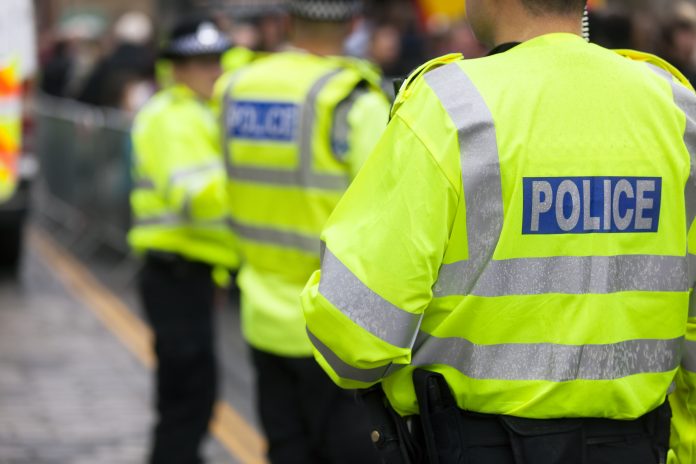According to the new crime strategy, police will have increased stop and search powers – while general offenders will be made to clean public streets so “justice is seen to be done”
Now, the conditions of a section 60 Stop and Search order will be relaxed.
Previously, police would only legally be able to use stop and search when authorised by a senior officer. This would last for a specific time frame, in a specific area. Officers would also be required to inform “relevant community members” why they were searching, and what they found.
In addition, offenders will now be asked to clean public areas and streets when on probation, in some cases. Home Secretary Priti Patel explains that “justice” will be “seen to be done”.
There must also be “reasonable grounds” to use stop and search, but it is unclear if the strategy will create a new definition of reasonable grounds or dissolve them. Even prior to this announcement, section 60 created the possibility for people to be searched without a specific suspicion.
After the new announcement by the Home Office, police will be able to use stop and search without informing the community of the outcome and without any time limitations.
Black people are nine times more likely to be stopped
Currently, Black people of Caribbean or African descent, are nine times more likely to be stopped and searched than white people in the UK.
Emmanuelle Andrews, Policy and Campaigns Officer at Liberty, said: “We all want to feel safe in our communities, but expanding what have proven to be discriminatory police powers isn’t how we get there. Many communities, particularly communities of colour, experience overbearing and oppressive policing and the package the Government has put forward will only worsen this.”
In a report released by Greater Manchester Police, ethnic minorities appear to be atleast five times as likely to be stopped and searched. Despite being lower than the national threshold of nine, the figure has raised questions about use of police powers and institutional racism.
‘If officers conduct themselves lawfully’ it works, says GMP Chief
Chief Constable of Greater Manchester Police, Stephen Watson, wrote: “Where police officers use powers to stop and search, these can be a valuable and effective means to prevent and detect crime and keep people safe. Communities tell us that stop and search is welcomed, if officers conduct themselves lawfully, courteously and explain their powers and intentions.
“I recognise that when not done properly stop and search can divide and undermine confidence in policing.”
Home Office in pay-freeze fight with police
This reform comes at a time when the Police Federation have taken a vote of no confidence in the Home Secretary, who froze pay rises for officers earning over £24,000. The Home Secretary also came under fire for startlingly low levels of rape prosecutions, with only 1.4% of UK cases leading to a charge.
National Chair of the Federation, John Apter, said: “This is about much more than money, though for many the offer of a zero per cent pay rise, after all the police has been through in helping deal with the pandemic, was the final straw.
“Police officers are sick of gimmicks. Sick of underfunding. Sick of mixed messaging putting police at risk. Sick of government contempt for police. It’s time for a total reset of police-government relations.”




![Europe’s housing crisis: A fundamental social right under pressure Run-down appartment building in southeast Europe set before a moody evening sky. High dynamic range photo. Please see my related collections... [url=search/lightbox/7431206][img]http://i161.photobucket.com/albums/t218/dave9296/Lightbox_Vetta.jpg[/img][/url]](https://www.openaccessgovernment.org/wp-content/uploads/2025/04/iStock-108309610-218x150.jpg)






